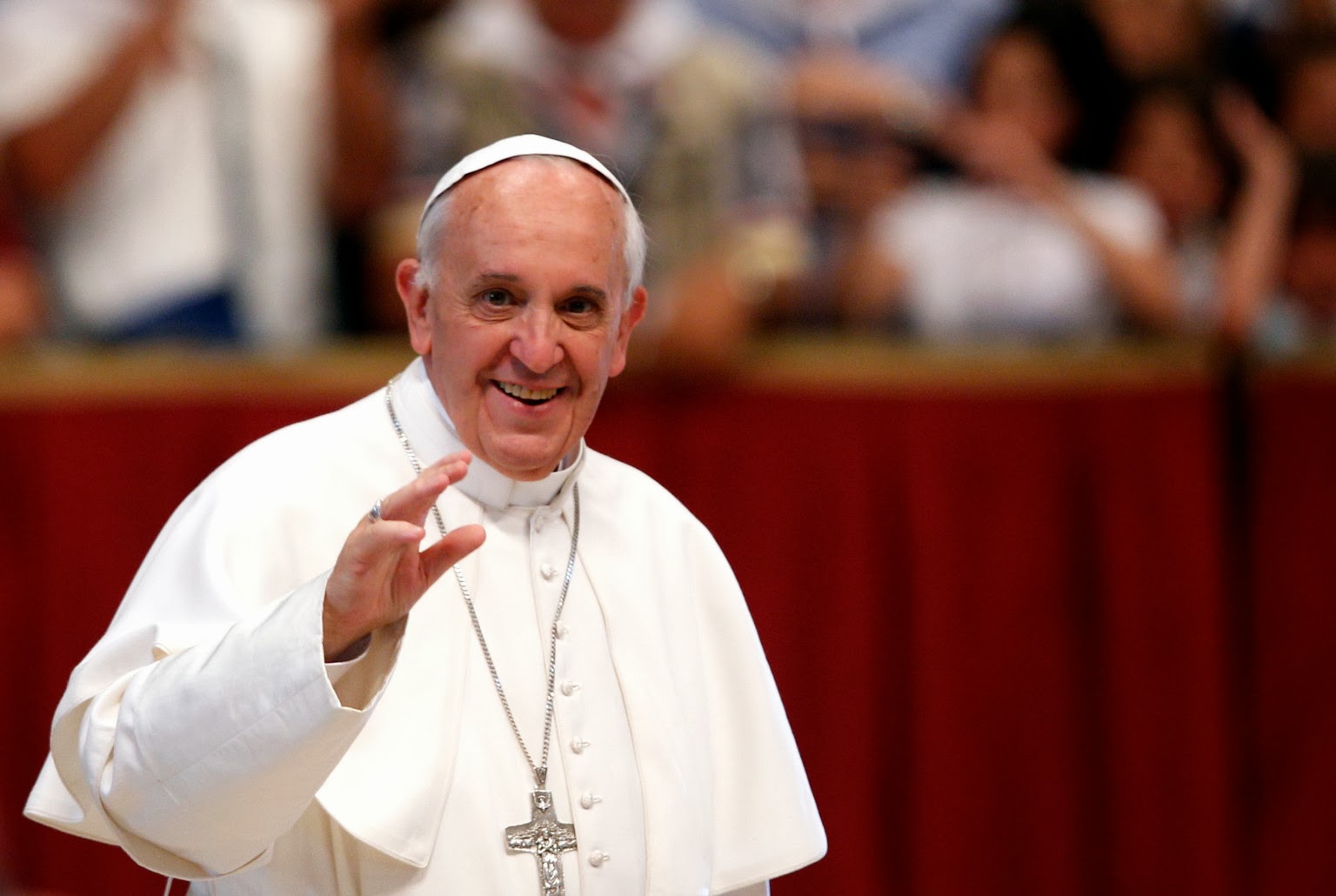Pope Francis has published new guidelines on family life that argue the Church should show more understanding of modern realities.
The document, based on two Synods on the issue, was eagerly awaited by the world’s 1.3bn Roman Catholics.
Entitled “On Love in the Family”, it does not change Catholic doctrine.
But it opens the way for bishops in each country to interpret doctrine to suit their own culture, the BBC’s religion correspondent reports.
The document lists the Pope’s views on family life, marriage, contraception and bringing up children.
It is the culmination of three years’ work by the Pope, who sent a questionnaire to families across the world asking them about their hopes and their fears.
Key quotes from On Love in the Family
- “We have been called to form consciences, not replace to them.”
- “As for proposals to place unions between homosexual persons on the same level as marriage, there are absolutely no grounds for considering homosexual unions to be in any way similar or even remotely analogous to God’s plan for marriage and family.”
- “I understand those who prefer a more rigorous pastoral care which leaves no room for confusion. But I sincerely believe that Jesus wants a Church attentive to the goodness which the Holy Spirit sows in the midst of human weakness.”
Then he brought bishops and cardinals together for two Synods in Rome, at which he encouraged them to debate and even to disagree over issues that divide the Church in many countries.
Among the most divisive issues are offering communion to the divorced and remarried, contraception and the treatment of gay Catholics.
Our correspondent, Caroline Wyatt, says the lengthy document shows exactly where Pope Francis stands as he steps into the minefield of Catholic teaching on the family.
Opening the way: analysis by Caroline Wyatt, BBC religion correspondent
This Papal exhortation treads a careful path. It reflects the debate between bishops and cardinals from across the world at both Synods held in Rome over the past two years.
The Pope has not changed Catholic doctrine, as some had hoped, but he does open the way for greater devolution within the Catholic Church on issues such as communion for divorced and civilly remarried Catholics.
What he suggests is that bishops in each country can seek solutions best suited to their own culture, and he calls for better integration into the Church of those in what he calls “irregular” situations.
Traditionalists, though, are likely to say that Pope Francis is opening the door to chaos in the future by suggesting that a “one size fits all” Church is not the way forward. Likewise, some liberals will be bitterly disappointed that there is not a greater welcome for gay Catholics – something Pope Francis was never likely to deliver.
Liberals had hoped he would tell the Church to show a more merciful attitude to those whose families do not conform to the current Catholic ideal.
Conservatives had maintained it would devalue the principle established by Jesus of marriage being indissoluble.
At the conclusion of the Synod last year, Francis castigated Church leaders who, he said, buried their heads in the sand over the issue. He argued that their adherence to rigid doctrine was over-riding their concern for the suffering of families.







